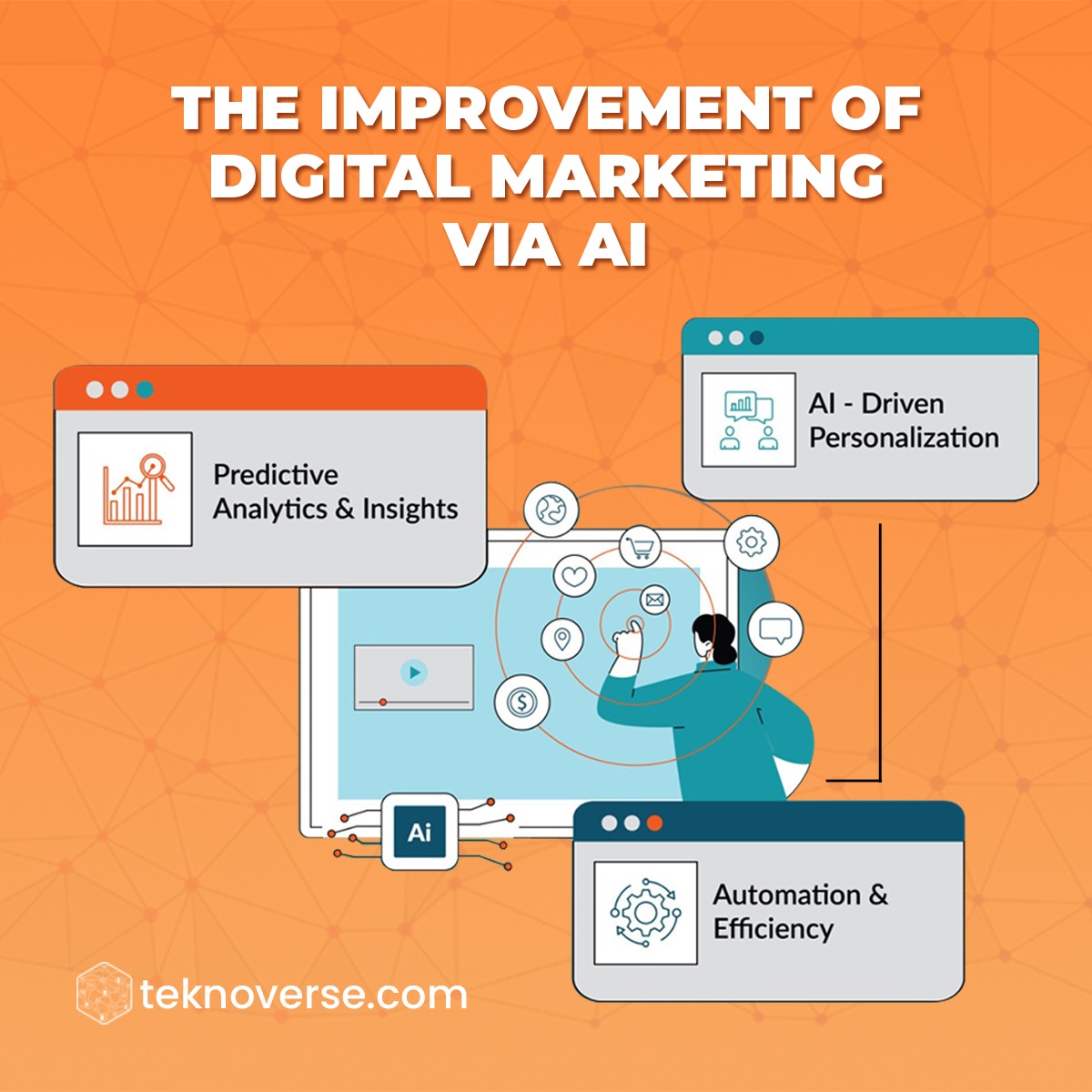
In the financial services of industry, the landscape is ever-evolving, innovation is not just a buzzword it is a necessity. The witnessing of the industry of seismic shift driven by groundbreaking technology, reshaping the new way of financial institution operation, serving customers, managing risks and driving growth. The artificial intelligence (AI) to blockchain technologies are revolutionizing the traditional practices and the way of new era of financial services. The exploration that we will be delve into the key technologies driving this transformation. The impact on the industry’s key performance indicates the (KPIs) and the functional requirements essential to the success in the digital world.
The Rise of AI and Machine Learning
The artificial intelligence (AI) and the Machine Learning (ML) are the most front of the technological revolution in the financial sector of services. These technologies enable the institutions to analyze the maximum amount of data that gain the actionable insights. They deliver the personalized services t the customers.
KPIs Impacted:
- Customer Engagement and Satisfaction
- Function Requirement: AI-powered chatbots and virtual assistants provide round-the-clock customer support, answering queries, and resolving issues in real-time.
- Risk Management and Fraud Detection
- Functional Requirement: ML algorithms analyze transaction patterns to detect anomalies and flag potential fraudulent activities, thereby enhancing security and reducing risks.
- Predictive Analytics for Investment Decisions
- Functional Requirement: AI-driven predictive models analyze market trends, historical data, and investor behavior to provide accurate forecasts, aiding in investment decision-making.
- Operational Efficiency and Cost Reduction
- Functional Requirement: AI-driven automation streamlines back-office operations, reducing manual tasks, errors, and operational costs.
The Blockchain Revolution
The block-chain technology is the well-known as the backbone of the cryptocurrencies like BTC (Bitcoin) that makes the wave in the financial service in the industry. It is the decentralized and the secure nature is transforming the various aspects of banking sectors, Payment and transections.
KPIs Impacts:
- Transaction Speed and Transparency
- Functional Requirement: Blockchain enables near-instantaneous transactions with complete transparency, reducing settlement times and enhancing customer experience.
- Enhanced Security and Fraud Prevention
- Functional Requirement: Immutable blockchain ledgers ensure tamper-proof records, reducing the risk of fraud and enhancing data security.
- Smart Contracts for Automation
- Functional Requirement: Smart contracts execute predefined actions automatically when specific conditions are met, streamlining contract management processes.
- Cross-Border Payments and Remittances
- Functional Requirement: Blockchain enables faster, more cost-effective cross-border transactions by eliminating intermediaries and reducing fees.
The Power of Robotic Process Automation (RPA)
Now we talk about the Robotic Process Automation (RPA). It is the another game changer in the financial sector of services. The automation helps to handle the repetitive tasks and the freeing up human resources to handle the activities.
KPIs impacts:
- Operational Efficiency and Cost Savings
- Functional Requirement: RPA bots automate tasks such as data entry, reconciliation, and report generation, reducing manual errors and operational costs.
- Improved Compliance and Regulatory Reporting
- Functional Requirement: RPA ensures accuracy and timeliness in compliance tasks, such as KYC (Know Your Customer) checks and regulatory reporting.
- Customer Onboarding and Account Maintenance
- Functional Requirement: RPA accelerates the onboarding process by automating document verification, background checks, and account setup procedures.
- Scalability and Flexibility
- Functional Requirement: RPA systems can scale up or down based on demand, allowing financial institutions to adapt to changing business needs quickly.
Cloud Computing for Flexibility and Scalability
When we talk about cloud computing it is clearly well known cloud computing become the backbone of digitalization in the financial industry. They offering you to agility, scalability and cost-efficient.
KPIs Impacts:
- Scalability and Flexibility
- Functional Requirement: Cloud infrastructure allows financial institutions to scale up or down instantly based on business needs, ensuring optimal performance.
- Data Security and Compliance
- Functional Requirement: Cloud providers offer robust security measures and compliance certifications, ensuring data protection and regulatory compliance.
- Disaster Recovery and Business Continuity
- Functional Requirement: Cloud-based backup and recovery solutions ensure business continuity in the event of disruptions or disasters.
- Collaboration and Remote Work
- Functional Requirement: Cloud-based collaboration tools enable seamless communication and collaboration among teams, even in remote work setups
Digital Wallets and Contactless Payments
This is new world as all know we are all using the plastic money that is the shift towards the digital payments and contactless transaction is accelerated which is more convenient, fast and secure.
KPIs Impacted:
- Customer Convenience and Experience
- Functional Requirement: Digital wallets and contactless payment solutions provide a seamless and convenient payment experience for customers.
- Enhanced Security and Fraud Prevention
- Functional Requirement: Tokenization and encryption technologies used in digital wallets ensure secure and fraud-resistant transactions.
- Loyalty Programs and Personalization
- Functional Requirement: Digital wallets enable the integration of loyalty programs and personalized offers, enhancing the customer engagement.
- Efficiency in Retail and eCommerce
- Functional Requirement: Contactless payment options streamline checkout processes in retail stores and eCommerce platforms, reducing friction in the buying journey.
Conclusion:
As the industry that continues the financial services which is evolving to transform the technologies is no longer an option. It is a necessity for survival and growth. The Artificial Intelligence (AI) is the backbone of blockchain to the Robotic Process Automation (RPA) and the cloud computing these are the technologies which is reshaping our world and industry landscape driving with effectively enhancing the customer experiences. Improve the key performance indicators (KPIs) across the board.
The success in digital world and the financial institutions must invest in the right technologies and develop the necessary functional requirement. The innovative culture of agility to empower the these technologies. The financial services of industry is looking forward for the future that is more efficient, secure, fast and customer-centric.








